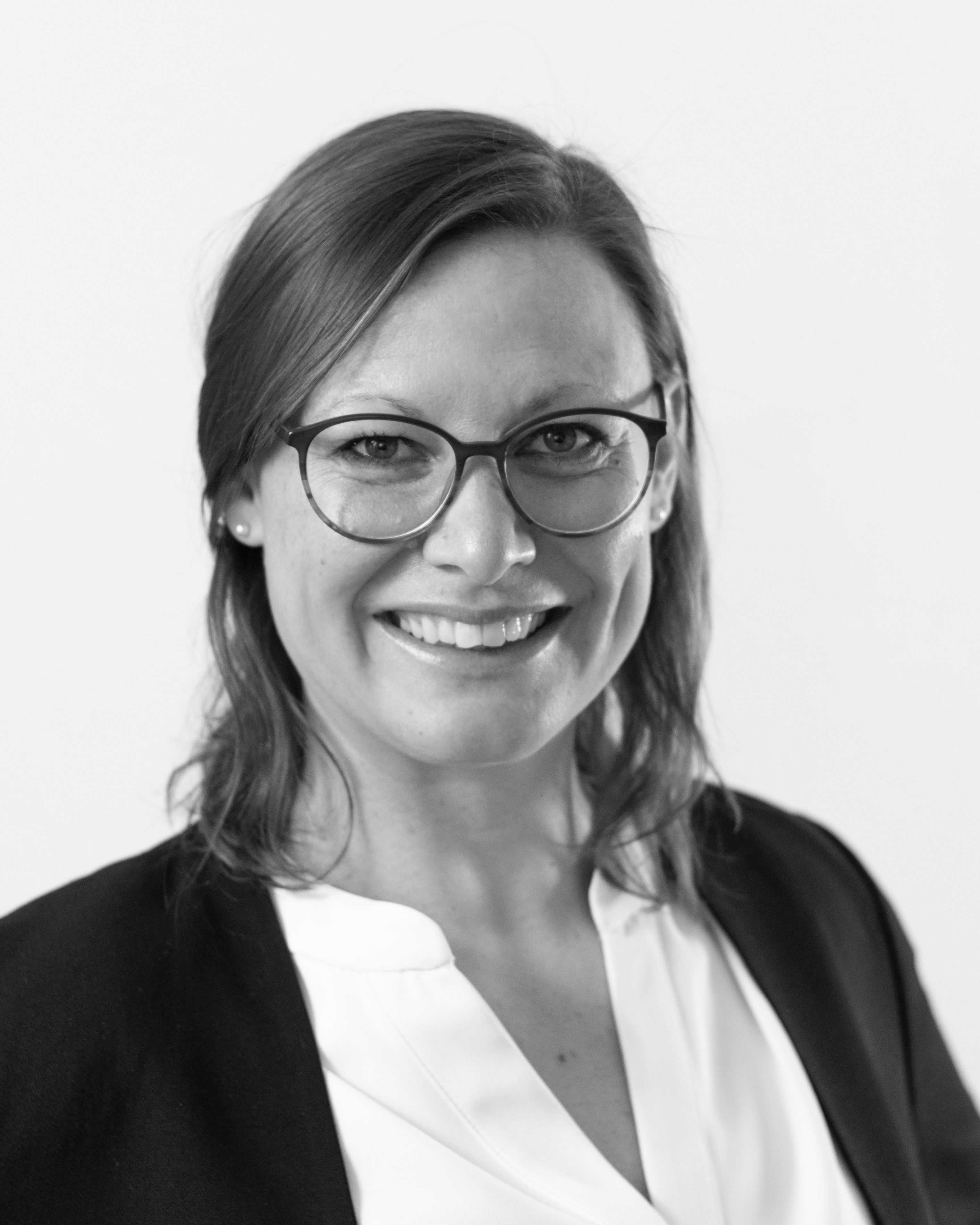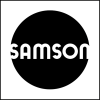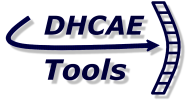In unseren beiden Praxis-Sessions erwarten Sie 9 interaktive Workshops aus verschiedenen Themenfeldern, in denen Sie gemeinsam mit den Organisatoren diskutieren, analysieren und ausprobieren können.
In our two practical sessions, there are 9 interactive workshops from various subject areas in which you can discuss, analyse and try things out together with the organisers.
| Praxis-Sessions / Workshops | Zielgruppe / Target Group |
|---|
| Session 1: Mittwoch, 11. September, 16:30-17:30 Uhr |
|
A1 Chemovator – Building of new businesses though corporate incubation, concept and learnings
Dr. Markus Bold, BASF/Chemovator |
S; YS |
B1 Bio-based value chains and (waste) water: state-of-the-art or mission-critical challenge?
Dr. Thomas Track, DECHEMA e.V., Prof. Stephanie Stute, Technische Hochschule Nürnberg, Dr. Christoph Blöcher, Covestro |
S; YS; P |
|
D1 Protection strategies for AI tools and AI inventions in industry! In the context of process optimisation and product developmentDr. Anna Heide, ambidex IP, Gründerin und Inhaberin
|
YS; P; M |
|
E1 Shaping sustainable transformation through targeted exploitation of synergies between energy, chemistry and climate
Prof. Emanuele Moioli, Politecnico di Milano, Italien (ab 01.09.)
|
YS; P, M |
| Session 2: Donnerstag, 12.09., 11:30-12:30 Uhr |
|
A2 Quantifying sustainability: What can Life Cycle Assessment do for application-oriented research and for companies?
Dr. Vanessa Zeller, TU Darmstadt und Fraunhofer-Einrichtung für Wertstoffkreisläufe und Ressourcenstrategie IWKS |
S; YS; P |
|
B2 The future of chemical parks
Dr. Florian Ausfelder, DECHEMA e.V., Analysis & Consulting
|
M |
C2 Navigating Partnerships with Industry Giants – A Case Study Workshop
Teresa Baumann, Cytiva and Go-Silico, Kami Krista, Elio.Earth, Iwan Roberts, Cytiva |
S; YS |
D2 Instrumental Odor Measurement - from Human Sensory Analysis to Sensor Systems
Dr. Caroline Schultealbert, 3S GmbH und Maximilian Köhne, Fraunhofer IVV |
S; YS; P |
E2 “Lost in translation”: How to improve entrepreneurship education
Johann Liebeton, BioHalo |
S; YS; M |
Target Group: S = PhD Students; YS = Young Scientists / Post-Docs; P = Professionals with experience; M = Miscellaneous (see Workshop/Practical Session)
Navigating Partnerships with Industry Giants – A Case Study Workshop
Ready to Navigate the Big League?
Embark on a journey with our workshop, "Navigating Partnerships with Industry Giants – A Case Study Workshop." Brace yourself for three immersive sessions, exploring partnerships from both startup and enterprise viewpoints. Dive into compelling case studies featuring Go-Silico, born from KIT Karlsruhe and now under Cytiva's wing, and the trailblazing US startup, Elio.Earth. Gain invaluable insights from Cytiva, a powerhouse within large cooperate Danaher. Plus, don't miss our enlightening panel discussion where seasoned experts share their strategies for success. It's your ticket to unlocking the secrets of impactful collaborations!
Organisation: Teresa Baumann (Business Development Manager, Cytiva, Founding member Go-Silico), Kami Krista (CEA and Co-founder Elio.Earth), Iwan Roberts (VP Technology and Innovation Strategy, Cytiva)
Panel Discussion: Daniel Wieland (Director, Global Sales Cytiva) & Mona Steurenthaler (Senior Director Product Management and R&D, Cytiva)
Target Group: Doctoral Students, Young Scientists/Post Docs
You can choose from 3 different case study discussions:
1. "How to partner with Big Tech companies?” Iwan Roberts (VP Technology & Innovation strategies, Cytiva) is sharing insights from a cooperate perspective.
2. “How and why to sell to a big tech company?” Teresa Baumann (Co-Founder Go-Silico) provides a detailed view on her journey to sell Go-Silico to Cytiva.
3. “Collaborate and innovate: Leveraging Industry Consortiums for Product Development” Kami Krista (CEO Elio) describes his experiences how to best collaborate with big tech companies.
Chemovator – Building of new businesses though corporate incubation, concept and learnings
In the workshop, Chemovator and its design will be discussed, the mandate, the relationship to the mother company BASF, the incubation process and criteria. The workshop will highlight some lessons learned in the last 6 years including failures, portfolio and challenges. The workshop will be planned interactive with the participants.
Markus Bold, BASF/Chemovator
Target Group: Doctoral Students, Young Scientists/Post Docs
Protection strategies for AI tools and AI inventions in industry! In the context of process optimisation and product development
It is undisputed that AI can create added value for companies. Whether AI-based/assisted solutions are patentable, should be patented or which IP strategies are available beyond this must always be examined on a case-by-case basis. This applies to manufacturing/measurement processes and complex products in the chemical, biotechnological and pharmaceutical industries. Corporate objectives, collaborations with third parties on shared AI and global data flows add further complexity.
Dr. Anna Heide, Patent Attorney,ambidex IP, Founder and Owner
Target Group: Young Scientists/Post Docs, Professionals with Experience, IP Managers, Inventors, Technology Scouts, Strategists, C-level
Shaping sustainable transformation through targeted exploitation of synergies between energy, chemistry and climate
Energy, chemistry and climate are directly or indirectly interlinked. While reduction of final energy consumption and electrification are considered key elements of the energy transition, carbon remains indispensable for the chemical industry. A double reorientation is required to rethink both together - chemical processes and energy. Recognising and implementing synergies opens up many opportunities for the future. The aim of this workshop is to identify these synergies and indicate priorities.
Prof. Emanuele Moioli, Politecnico di Milano, Italien
Target Group: Young Sientists/Post Docs, Professionals with Experience, Technology Scouts, Strategists
The future of chemical parks
What are the future requirements for German chemical parks to support the competitiveness of their local chemical plants and companies. How to build a consistent overarching development concept from targets of individual companies and the view of the park manager? What kind of changes are necessary to secure a sustainable energy and feedstock supply. This workshop discusses these questions in the light of future competitiveness for the chemical parks and their companies.
Dr. Sebastian Hiessl und Dr. Florian Ausfelder, DECHEMA e.V.
Target Group: Site Operators and Representatives of Local Companies
Quantifying sustainability: What can Life Cycle Assessment do for application-oriented research and for companies?
The workshop provides an insight into the possibilities and challenges of using Life Cycle Assessment (LCA) in application-oriented research and in companies. The first part of the workshop deals with the methodological framework of ISO 14040/44 as well as standardized accounting formats. In the second part, data and software requirements as well as cooperation models are explained and promising approaches are identified based on the results from the BioBall innovation area.
Dr. Vanessa Zeller, TU Darmstadt, Institut IWAR und Fraunhofer-Einrichtung für Wertstoffkreisläufe und Ressourcenstrategie IWKS
Target Group: Doctoral Students, Young Scientists/Post Docs, Professionals with experience
Bio-based value chains and (waste) water: state-of-the-art or mission-critical challenge
One element of the transformation of the chemical industry is the increased use of renewable raw materials, often applying biotechnological processes. What does this mean for water management, especially in the transition to world-scale plants and the use of secondary feedstock? Do we simply have to use our (waste)water technology toolkit or will we face completely new challenges which even might be decisive for the economic or ecological feasibility of bio-based value creation?
Organisation: DECHEMA-Fachsektion Industriewasser
Dr. Thomas Track, DECHEMA e.V. und Prof. Stephanie Stute, Technische Hochschule Nürnberg
Target Group: Doctoral Students, Young Scientists/Post Docs, Professionals with experience
Instrumental Odor Measurement - from Human Sensory Analysis to Sensor Systems
Odor impression is a crucial factor in product quality, yet its measurement is still unrepresented in process control. To change that, our workshop will give a broad overview on the exciting field of instrumental odor measurements - from a thorough understanding on the physiological sense of odor to specific sensor solutions in real applications. Moreover, it will provide a hand-on experience with odor reference samples, miniaturized analytical systems and application-ready sensor systems.
Organisation: DECHEMA-Fachsektion Mess- und Sensortechnik in cooperation with 3S GmbH
Dr. Caroline Schultealbert (3S GmbH) und Maximilian Köhne (Fraunhofer IVV)
Target Group: Doctoral Students, Young Scientists/Post Docs, Professionals with experience
“Lost in translation”: How to improve entrepreneurship education
The German research system excels at converting funding into knowledge, but often struggles to commercialize that knowledge. To remain competitive, Germany could learn from other nations that promote entrepreneurial skills as key future competencies in the natural sciences.
This workshop aims to explore how entrepreneurial skills can be better integrated into the natural sciences curriculum in Germany. The goal is to support the development of a resilient and thriving biotech ecosystem.
Organisation: Johann Liebeton, Business Development, BioHalo, Dr. Kathrin Rübberdt, DECHEMA e.V.
Moderation: Urs Moesenfechtel, biosaxony Management GmbH
Panel Discussion: Thomas Hoffmeister, Startup Angels Alb-Bodensee e.V., Johann Liebeton, BioHalo und Prof. Roland Ulber, TU Kaiserslautern-Landau
Target Group: Doctoral Students, Young Scientists/Post Docs, University Representatives











